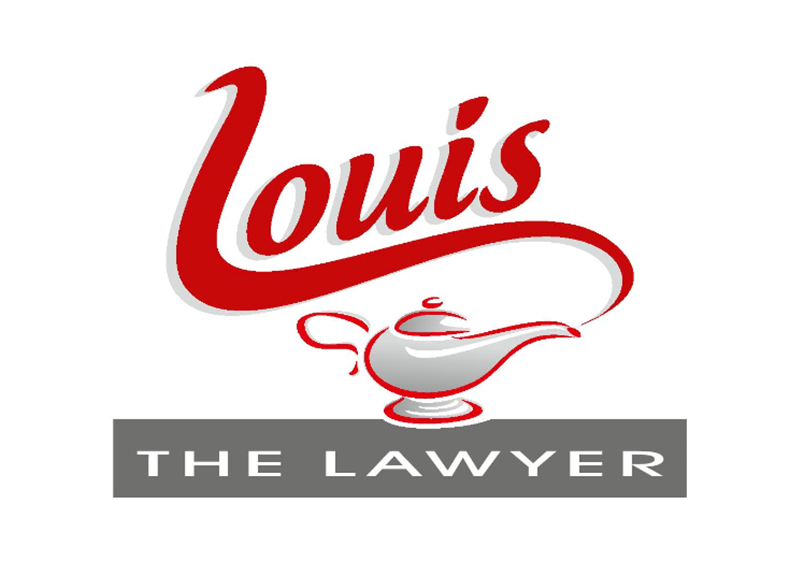What Is A Trade Mark?

I regularly come across various issues pertaining to trade marks such as infringements, the perception that a registered company or close corporation is adequate, regional/territorial names used and many others.
It has prompted me to write a series of articles addressing what I believe to be crucial relevant aspects in the hope that it will clarify some of the misconceptions and assist especially the tourism industry which (as you know from the areas I specialize in) includes travel agents, tour operators, guides, accommodation (lodges, hotels, B&B), transport, events and more.
This first article will address that basic question: what is a trade mark? Wkipedia provides a useful definition:
A trademark is a type of intellectual property consisting of a recognizable sign, design, or expression that identifies products or services from a particular source and distinguishes them from others. The trademark owner can be an individual, business organization, or any legal entity
So the next question is what does intellectual property comprise? The answer is not only trademarks but also copyright, patents and design registration - more about that later.
Here are some useful examples of the ‘different types’ of trademarks: ‘They provide a distinctive identity in the marketplace. They can apply to both products and services’ and it must be ‘a distinctive mark or feature particularly characteristic of, or identified with, a person or thing ‘
( http://www.rci.uct.ac.za/sites):
- A brand name could be a word or combination of words (e.g. Kentucky Fried Chicken & Coca Cola)
- A slogan consists of a short phrase or a sentence e.g. "Everything keeps going right Toyota"
- A logo is a distinctive picture or symbol e.g. The Nike tick, or the McDonalds "M"
- Specific shape: The Coca Cola bottle (where this has become distinctive of the product – normally it would be registered as a design first)
Any of the above, provided it is distinctive, not confusing or misleading will in due course ‘acquire’ certain ‘trademark rights’ known as ‘acquired distinctiveness’ which will enhance the owners rights but ultimately any trademark should be registered to provide the owner with the best possible protection. I will address this in more detail later but here is a quick precursor (https://www.gov.za/services/intellectual-property/register-trademark) :
Register your trade mark with the Companies and Intellectual Property Commission (CIPC), to prevent your competitors from using it. CIPC administers the Register of Trade Marks, which is the official record of all the trade marks that have formally been applied for and/or registered in the Republic of South Africa, since 1916.
Applications can be lodged in 45 different classes, depending on the goods and/or services for which the trade mark will be used. Details of the international classification system, the Nice Classification System, can be obtained on the World Intellectual Property Organisation's website(link is external). A registered trade mark can be protected forever, provided you renew the registration every ten years.
Find out more about registering a trade mark from the Companies and Intellectual Property Commission (CIPC)(link is external)
